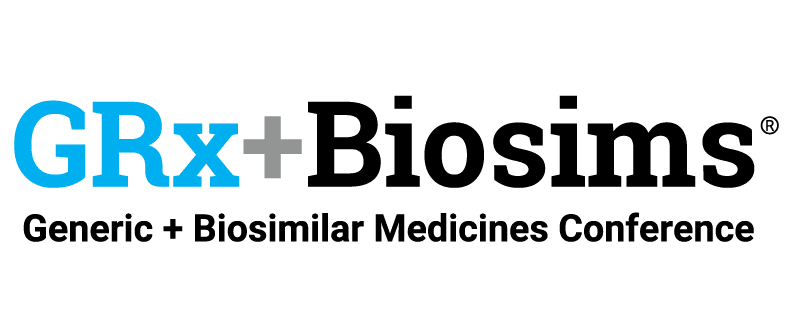Before biologic drugs are ready to be used by patients, scientists and providers spend years developing, researching, and testing them in clinical trials to ensure these medicines are safe and effective. Manufacturing a biologic drug can take months and every part of the process must be carefully checked and controlled.
Manufacturing a biosimilar is much like manufacturing its reference biologic. The FDA requires biosimilars demonstrate no clinically meaningful differences and that they meet a rigorous scientific standard of similarity before they are made available to patients. Similarity is achieved and verified through a scientific process that confirms there is no clinically meaningful difference between the biosimilar and the original product, and that the biosimilar will perform in a patient the exact same way as the reference biologic. Similarity testing occurs multiple times throughout the development process.
The biosimilar development process occurs in three major stages: characterization and perfecting the process, confirmation of biosimilarity and approval.
Step 1: Product Development: Characterization and Perfecting the Process
In development, the first step is a thorough understanding of the reference biologic, accomplished through an examination of structure and function. This is known as characterization.
Once this information is obtained, the next phase is the development of the manufacturing process which delivers the highly similar therapy. State-of-the-art biological development technologies and highly-sensitive analytical tools are used to systematically engineer a biosimilar molecule to match the medicine’s quality attributes that were identified in the characterization stage. This is an iterative process where each part of the manufacturing procedure is optimized in repeating steps. This continues until the manufacturing process consistently produces a highly similar molecular structure to the reference medicine.
Step 2: Biosimilar Confirmation via Studies and Regulatory Cooperation
Once similarity has been established between the biosimilar and the reference biologic medicine through analysis and testing, the next stage begins. The FDA reviews all the information and determine the additional non-clinical and clinical studies, if any, that will be required to confirm biosimilarity and interchangeability.
Clinical trials are generally required for biosimilar approval in highly regulated markets, such as the EU, United States, Japan, Canada and Australia. However, the scope and requirements for biosimilar clinical trials will depend on the data submitted. Where there is robust and convincing analytical data, for example, and additional data are required, a more tailored clinical trial program may provide a more effective way to demonstrate biosimilarity and interchangeability.
Step 3: Approval
In the early stages of development, biosimilar manufacturers meet with the FDA to discuss a product development plan and approaches to providing adequate scientific justifications throughout the review process. Before approving any product for patient use, the FDA looks at the totality of evidence and conducts a rigorous review of all the data to determine whether the applicable scientific standards have been successfully met. Once a biosimilar is approved, it can be produced and distributed in the United States.
Patients can expect to see the exact same safety and efficacy that they see in their brand biologic products in a biosimilar. Studies from all over world find that patients have the same kind of benefits whether they are on the original biologic or the biosimilar.
The Biosimilars Council has worked to promote the development of biosimilars and pave the way for inclusive biosimilar legislation, as well as provide patients, providers and policymakers with adequate, educational biosimilars resources. To learn more about biosimilars, stay tuned to our blog for updates, or check out our Biosimilars Handbook.
About the Biosimilars Council
The Biosimilars Council, a division of the Association for Accessible Medicines (AAM), works to ensure a positive environment for patient access to biosimilar medicines. The Biosimilars Council is a leading source for information about the safety and efficacy of more affordable alternatives to costly brand biologic medicines. Areas of focus include public and health expert education, strategic partnerships, government affairs, legal affairs and regulatory policy. More information is available on our about page.
About AAM
AAM is driven by the belief that access to safe, quality, effective medicine has a tremendous impact on a person’s life and the world around them. Generic and biosimilar medicines improve people’s lives, improving society and the economy in turn. AAM represents the manufacturers and distributors of finished generic pharmaceuticals and biosimilars, manufacturers and distributors of bulk pharmaceutical chemicals, and suppliers of other goods and services to the generic industry. Generic pharmaceuticals are 90 percent of prescriptions dispensed in the U.S. but only 23 percent of total drug spending. Additional information is available at www.accessiblemeds.org.
